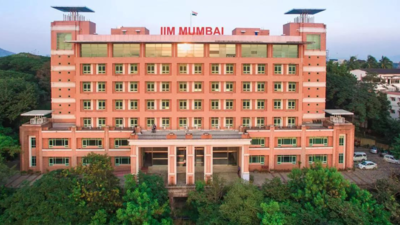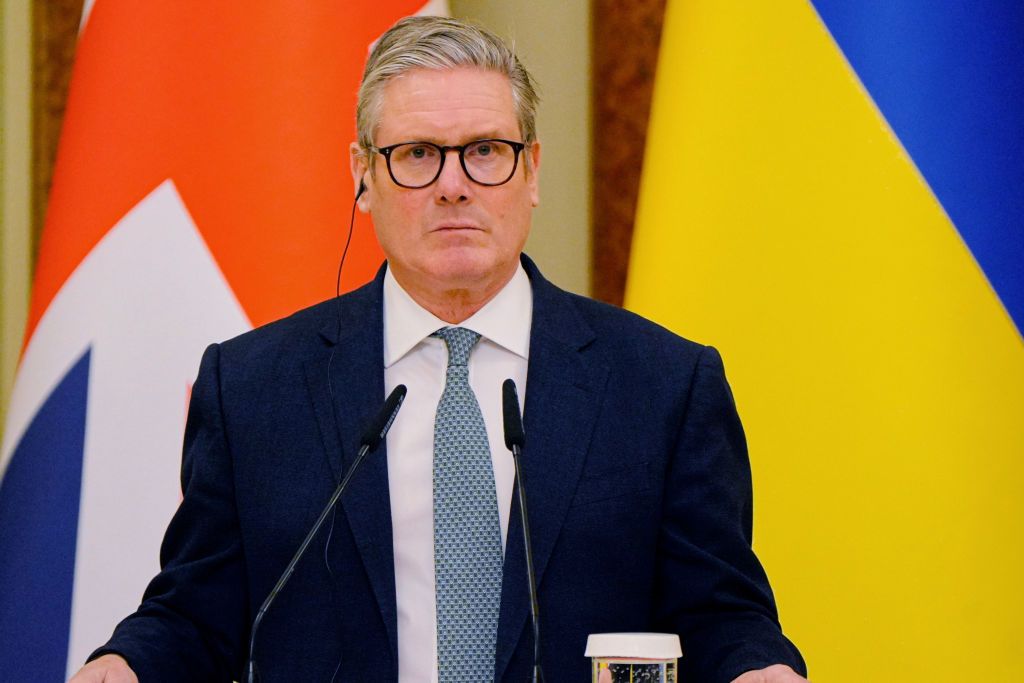
NEW DELHI: Professor
Manoj Kumar Tiwari
officially assumed charge as the director of the
Indian Institute of Management
(IIM) Mumbai on Friday, following the approval of the President of India. His reappointment marks the beginning of another five-year term at the helm of one of India’s premier management institutions.
Shashi Kiran Shetty, founder and chairperson of
Allcargo Group
and chairperson of the Board of Governors (BoG) at IIM Mumbai, said: “We are thrilled to have Prof Tiwari continue his leadership at IIM Mumbai. His proven academic insights and strategic vision have been instrumental in shaping the institute’s growth. With Prof. Tiwari at the helm, we are confident that
IIM Mumbai
will reach new heights in innovation, research, and education.”
Upon assuming office, Tiwari extended his gratitude to the chairperson, members of the Board and the education ministry for their trust, and guidance. He also expressed appreciation for the faculty, officers, staff, students, and alumni for their unwavering commitment to the institution’s progress.
Reflecting on his journey, Tiwari emphasised his vision for IIM Mumbai’s future, stating that the institute will continue to focus on fostering
cutting-edge research
, nurturing global leaders, and expanding its influence in the industry and academia. He highlighted the importance of strengthening collaborations with international universities, promoting
entrepreneurship and innovation
, and enhancing the institute’s role in policy-making and corporate governance.
Tiwari has been the founding director of IIM Mumbai (formerly known as the National Institute of Industrial Engineering –
NITIE
) and has played a pivotal role in shaping its transformation. An eminent academician and distinguished researcher, he brings over three decades of experience in industry, research, teaching, and consulting both in India and internationally. His contributions extend beyond academia, having served in various key positions at the ministry level, AICTE, and UGC, where he has played a significant role in educational reforms, policy-making, and implementation.
.png)
 German (DE)
German (DE)  English (US)
English (US)  Spanish (ES)
Spanish (ES)  French (FR)
French (FR)  Hindi (IN)
Hindi (IN)  Italian (IT)
Italian (IT)  Russian (RU)
Russian (RU)  6 hours ago
1
6 hours ago
1








Comments